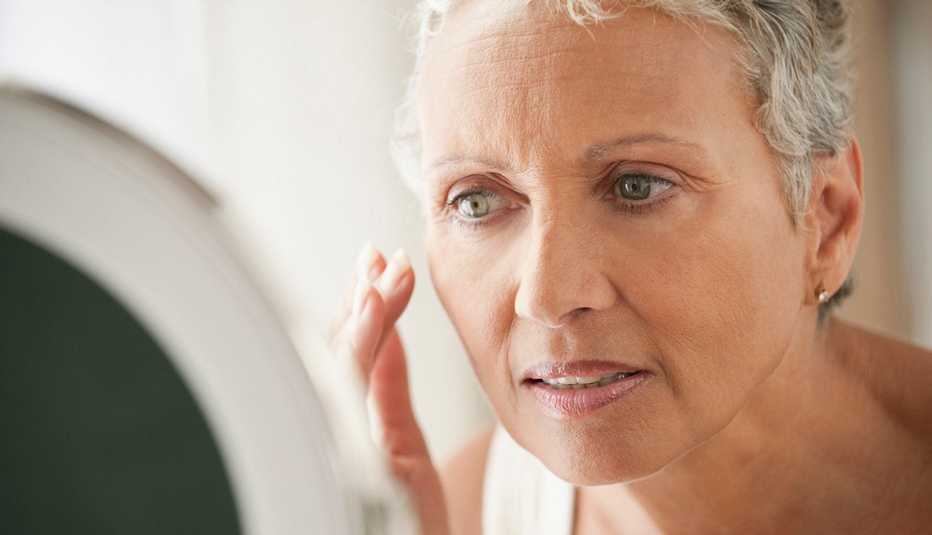AARP Hearing Center


A government-chartered public health organization in the United Kingdom is urging the beauty and cosmetics industry to drop the phrase “anti-aging” from all advertising.
Along with the Portuguese Calouste Gulbenkian Foundation, which focuses on art, charity, education and science, the Royal Society for Public Health (RSPH) says the phrase connotes shame and should be eliminated in product promotions.
“We have seen just how valuable a positive and optimistic outlook on aging can be to personal health and wellbeing,” a report from the two organizations states, “and yet many everyday conversations, informed by the media, are rife with examples of language that either trivialize, vilify, or catastrophise the ageing process.”
AARP, as a matter of editorial policy, dropped the term in August 2017, announcing that all AARP publications — online and in print — would no longer use it. “AARP believes that growing older should be celebrated and embraced," AARP CEO Jo Ann Jenkins wrote to online readers, "and it will continue to challenge the outdated beliefs and stereotypes that foster negative associations around aging.”
To improve intergenerational attitudes, the RSPH and the foundation also recommended as part of the 40-page report that:
* Services across the age spectrum be provided at the same site
* Schools address “positive aging”
* Employers and government support employees as they prepare for later life and promote age diversity in the workplace
* Health care professionals be trained on the effects of ageism in clinical and care settings
The RSPH was formed under royal charter but is independent of the government. It includes more than 6,000 public health professionals.

































































More on Health
What Your Hair Says About Your Health
Certain medications and conditions can cause damage to your strands